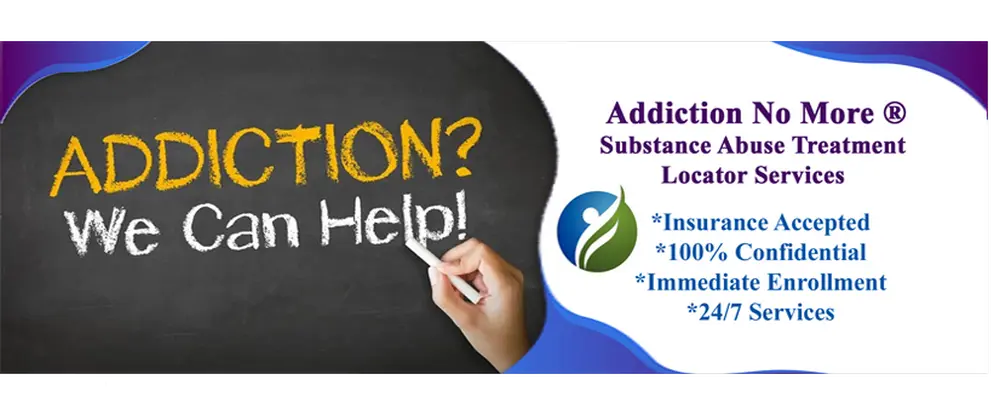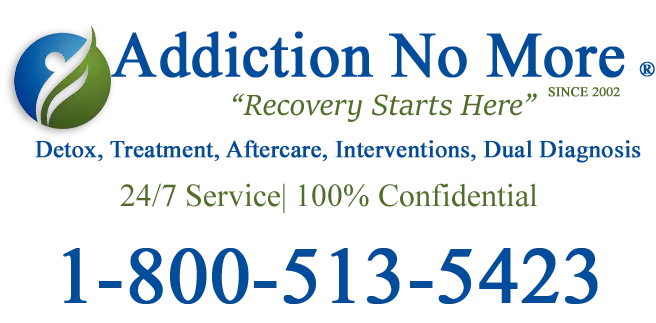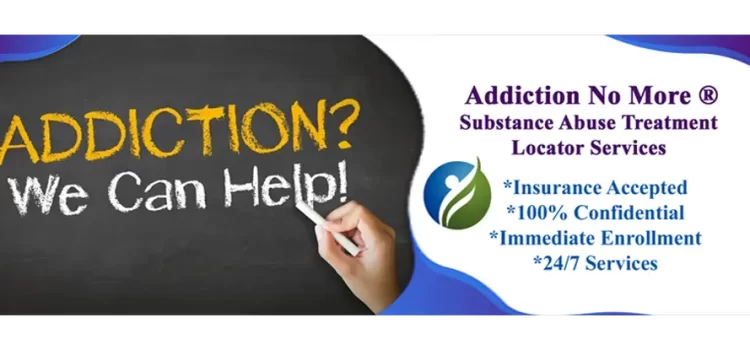What are the Signs Someone is Struggling with Addiction?
Addiction to drugs or alcohol can be hard to deal with, especially when you watch it happen without even knowing there is a problem. We have worked in the addiction field for many years and have asked our counselors to compile a list of addictive behaviors to help you spot if your loved one has a problem with addiction. Catching any addiction before it becomes a real problem can save the individual from the adverse physical, mental, and spiritual effects that addiction will bring. If you or a loved one is struggling with addiction, give us a call today.1-800-513-5423

Warning Signs and Symptoms of Addiction
Having a loved one with an addiction problem is a tough one to handle, as we all want to be supportive but can sometimes cross the line into enabling behaviors. If you have noticed any or a few of these warning signs of addictive behavior below, please give us a call, and we will help guide you to the next step to get them the help that they need.1-800-513-5423
Money issues: Many people who struggle with addiction issues find themselves deeper and deeper in debt. They will oftentimes need to borrow money or have an unexpected bill due. Many people with serious addictions find themselves spending all their money just to provide for their addictive habits.
Mood Swings: When you notice a considerable change and fluctuations in moods, this can be a sign of either a psychiatric condition or it can be the direct result of certain addictions. Some drugs that are abused can alter a person’s brain chemistry and trigger different emotions. The amount of the substance and the frequency of the usage can be linked to major mood swings.
Isolation from friends and family: It is not uncommon to want to have your solitude. We all need our alone time once in a while. But when you notice that a person that you care about always makes excuses for not wanting to socialize or maybe they have dropped totally off of the map, either way, take note and pay attention. People who struggle with addiction issues commonly spend most of their time in isolation, away from prying eyes and ears that could give away their little secret. This practice is not good for the person as keeping connected allows us to share and work through problems before they lead to addiction issues.
Sleeping habits, eating habits, and energy level changes: Alcohol and drug addiction play a major role in our sleeping and eating habits. Addiction can play a huge role in the ability to function, sleep, and complete tasks. Through the use of stimulants, you would see a rise in the person’s energy levels with little or no food intake, usually resulting in drastic weight fluctuations. Depressants can have a drowning effect or what can seem like depression that is coupled with drowsiness and excessive sleep habits.
Theft and Stealing: People who have become addicted to drugs or alcohol will, if they continue to use, resort to anything to facilitate their addiction, even theft. If you notice that there are things of value (ie, tools, electronics, or money) that have started to become missing around the house, you may want to consider that there is someone in your life that has developed a serious addiction and needs help.

How We Can Help
Please contact us by phone for immediate assistance. This is a necessary step in beginning the recovery process for yourself or a loved one. Our addiction treatment specialists and staff have over 25 years of experience in helping people find effective and affordable treatment for all addictions. What you tell us is completely confidential. We are HIPAA compliant. We are here to answer your questions and to get you (or a loved one) into treatment today. For immediate intake, call us now.
1-800-513-5423
Sources
Warning signs of being addicted
Warning signs
Youth warning signs of addiction
Erik Epp – Content Author





